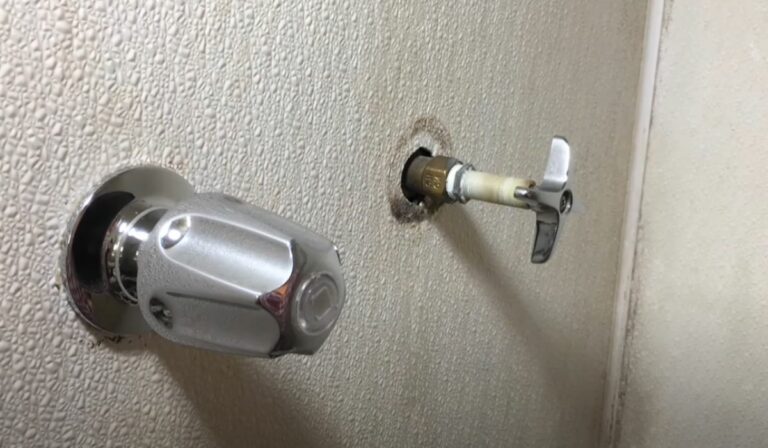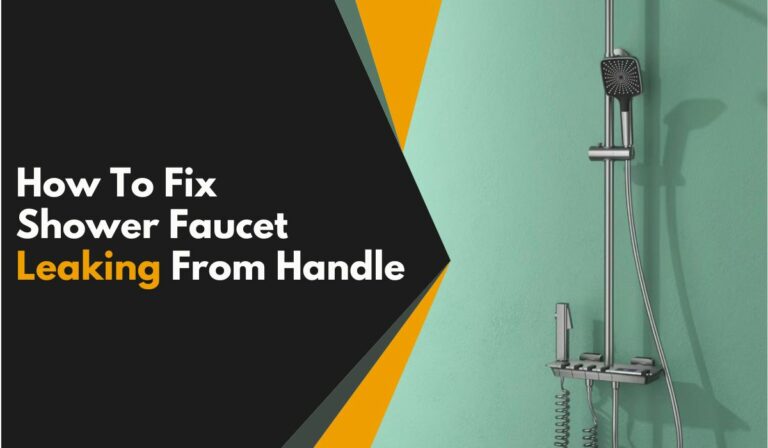Is It Normal to Pee in the Shower
It’s completely normal to pee in the shower—many do it for convenience, saving time and water. Since urine is mostly sterile and the water rinses it away immediately, it generally poses no hygiene risks. Plus, skipping a toilet flush reduces water waste, which benefits the environment. Cultural views vary, but it’s a common practice with practical perks. If you want to understand the health, social, and environmental angles, there’s plenty more to explore.
Historical Perspectives on Shower Habits
Although showering as we know it’s a relatively modern practice, people have been cleansing their bodies in various ways for centuries. You’d be surprised to learn that ancient civilizations, like the Greeks and Romans, often bathed in communal pools or used water basins to wash away dirt.
Public baths were social hubs where hygiene was combined with relaxation. When indoor plumbing became widespread in the 19th and 20th centuries, showers evolved into private rituals.
You now have the convenience of quick rinses or long, soothing sessions. While the act of washing has changed, the underlying goal remains the same: keeping clean.
Understanding this history helps you see that your own habits, even the quirky ones, fit into a long tradition of personal hygiene evolving with culture and technology.
Common Reasons People Pee in the Shower
When you consider how convenient it is, peeing in the shower makes a lot of sense to many people. You don’t have to interrupt your routine or use extra toilet paper. Some find it saves time, especially when in a rush.
Others see it as a natural extension of cleaning themselves, since water immediately washes away. You might also pee in the shower simply out of habit or because it feels more comfortable than holding it until you reach the toilet.
Additionally, if you’re alone and want to avoid extra mess, it can seem like the easiest option. Despite social taboos, many people choose this for practical, personal reasons without giving it much thought or concern.
Water Conservation and Environmental Benefits
Since every flush uses gallons of water, peeing in the shower can help you cut down on water waste. By skipping the toilet flush when you urinate in the shower, you save several gallons each time.
Over weeks and months, this adds up to a significant reduction in your household’s water consumption. Less water use means lower utility bills and a smaller environmental footprint.
You contribute to conserving a precious resource and easing the demand on wastewater treatment systems. Plus, shower water is already running, so your urine simply goes down the drain without extra water needed.
If you’re mindful about water conservation, this simple habit can make a positive difference without requiring any special effort or changes to your routine.
Hygiene and Health Considerations
Even if peeing in the shower can save water, you might wonder how it affects hygiene and health. Rest assured, urine is generally sterile when it leaves your body, so it’s unlikely to introduce harmful bacteria in your clean shower environment.
However, if you have any urinary tract infections or open wounds, it’s best to avoid this habit to prevent irritation or infection. Also, make sure your shower drains properly and you clean it regularly to avoid buildup or odors.
Using mild soap and warm water keeps your skin clean and reduces any potential risks. Overall, peeing in the shower doesn’t pose significant health concerns if you maintain good personal and bathroom hygiene routines.
Cultural Attitudes Toward Peeing in the Shower
Although many people might find the idea unusual, attitudes toward peeing in the shower vary widely across cultures. In some places, you’ll find that it’s considered perfectly normal and even practical, viewed as a way to save water and time.
In other cultures, it’s seen as unhygienic or disrespectful, and people avoid it due to social or traditional norms. Your perspective might also be influenced by family habits or community standards where you grew up.
Ultimately, whether you see it as acceptable or taboo depends a lot on cultural context. Understanding these differences can help you navigate conversations about this topic without judgment, recognizing that what feels normal to you might be unusual elsewhere—and vice versa.
Myths and Misconceptions Debunked
When you hear people talk about peeing in the shower, you might come across some common myths that don’t hold up to scrutiny. For example, many claim it’s unhygienic or that urine damages plumbing.
In reality, urine is mostly sterile and doesn’t pose a health risk in a clean shower. It also won’t harm your pipes since it’s mostly water with some salts.
Another misconception is that it’s socially unacceptable or lazy. Actually, many people pee in the shower for convenience or water conservation.
Don’t buy into the idea that peeing in the shower is inherently gross or dangerous. If you’re comfortable with it and maintain basic hygiene, it’s a harmless practice.
Understanding these myths helps you make informed choices without shame or misinformation.
How to Maintain Cleanliness if You Pee in the Shower
Since you might choose to pee in the shower, it’s important to keep your shower clean to prevent odors and buildup.
After you finish, rinse the area thoroughly with warm water to wash away urine and reduce any lingering smell.
Use a mild bathroom cleaner or a vinegar-water solution regularly to disinfect surfaces and prevent soap scum and mineral deposits.
Scrub tiles and grout once a week to avoid staining or bacterial growth.
Make sure your shower drains properly; if not, clean the drain to prevent clogging.
Ventilate your bathroom well by using an exhaust fan or opening a window to reduce moisture and odors.
Alternatives to Peeing in the Shower
If you prefer not to pee in the shower, there are several convenient alternatives you can try. First, use the toilet before stepping into the shower to avoid the need altogether.
You can also keep a small portable urinal or a disposable container nearby if you feel the urge during a shower. Another option is scheduling bathroom breaks before shower time to minimize interruptions.
If you’re concerned about water waste, consider a quick rinse in the shower after using the toilet. Finally, try to stay hydrated and time your showers when you’re less likely to need a bathroom break.
These methods help keep your shower routine clean and hygienic without sacrificing convenience or comfort.
Frequently Asked Questions
Does Peeing in the Shower Affect Plumbing or Cause Clogs?
Peeing in the shower usually won’t affect your plumbing or cause clogs since urine is mostly water and flows easily. Just avoid flushing solid waste or hair down the drain to keep pipes clear and prevent buildup.
Can Shower Urine Trigger Allergies or Skin Reactions?
You probably won’t trigger allergies or skin reactions from urine in the shower since it’s mostly sterile. However, if you have sensitive skin or open wounds, irritation could occur, so rinsing thoroughly is a good idea.
How Does Shower Temperature Influence Urine Odor?
You’ll notice warmer showers can intensify urine odor because heat accelerates bacteria growth, breaking down compounds faster. Cooler water slows this process, so the smell is less noticeable when the temperature’s lower.
Are There Specific Soaps That Neutralize Urine Smell in the Shower?
Yes, you can use soaps with natural enzymes or antibacterial properties to neutralize urine smell in the shower. Look for products containing tea tree oil, eucalyptus, or activated charcoal—they help break down odor-causing compounds effectively.
Is Peeing in the Shower Safe for Children or Pets?
You can safely pee in the shower around children and pets, but make sure to rinse thoroughly afterward. It’s hygienic as long as you keep the shower clean and avoid letting urine pool where they play or rest.
Conclusion
Peeing in the shower is more common than you might think, and it’s generally harmless if you keep things clean. It can even save water, which is a bonus for the environment. That said, personal and cultural views vary, so it’s up to you to decide what feels right. Just remember to rinse well and maintain good hygiene to keep your shower fresh and safe.


